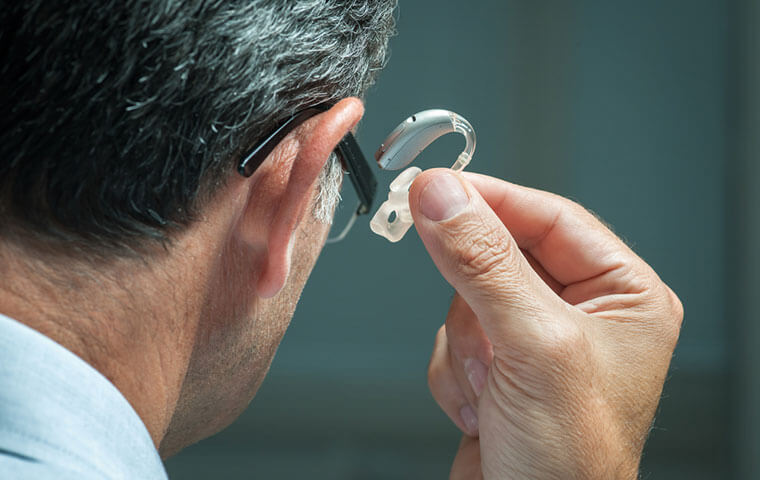 There are situations in which an employer may ask an employee or job candidate about a hearing condition. Image: Alexander Raths/Shutterstock.com
By: FEDweek Staff
There are situations in which an employer may ask an employee or job candidate about a hearing condition. Image: Alexander Raths/Shutterstock.com
By: FEDweek StaffThe EEOC has issued new guidance on how the Americans with Disabilities Act applies to job applicants and employees with hearing disabilities, guidance that applies in the federal employment context as well as in the private sector.
“Approximately 15 percent of American adults report some trouble hearing. People with a variety of hearing conditions (including deafness, being hard of hearing, experiencing ringing in the ears, or having sensitivity to noise) may have ADA disabilities,” it says.
However, it notes that there are situations in which an employer may ask an employee or job candidate about a hearing condition, for example when it has a reasonable belief that the employee will be unable to safely perform the essential functions of the job because of it, or to clarify what type of accommodation might be needed.
The guidance covers topics including
• when an employer may ask an applicant or employee questions about a hearing condition and how it should treat voluntary disclosures;
• what types of reasonable accommodations applicants or employees with hearing disabilities may need;
• how an employer should handle safety concerns about applicants and employees with hearing disabilities; and
• how an employer can ensure that no employee is harassed because of a hearing disability or any other disability.
Key Bills Advancing, but No Path to Avoid Shutdown Apparent
TSP Adds Detail to Upcoming Roth Conversion Feature
White House to Issue Rules on RIF, Disciplinary Policy Changes
DoD Announces Civilian Volunteer Detail in Support of Immigration Enforcement
See also,
How Do Age and Years of Service Impact My Federal Retirement
The Best Ages for Federal Employees to Retire
How to Challenge a Federal Reduction in Force (RIF) in 2025
Should I be Shooting for a $1M TSP Balance? Depends…

